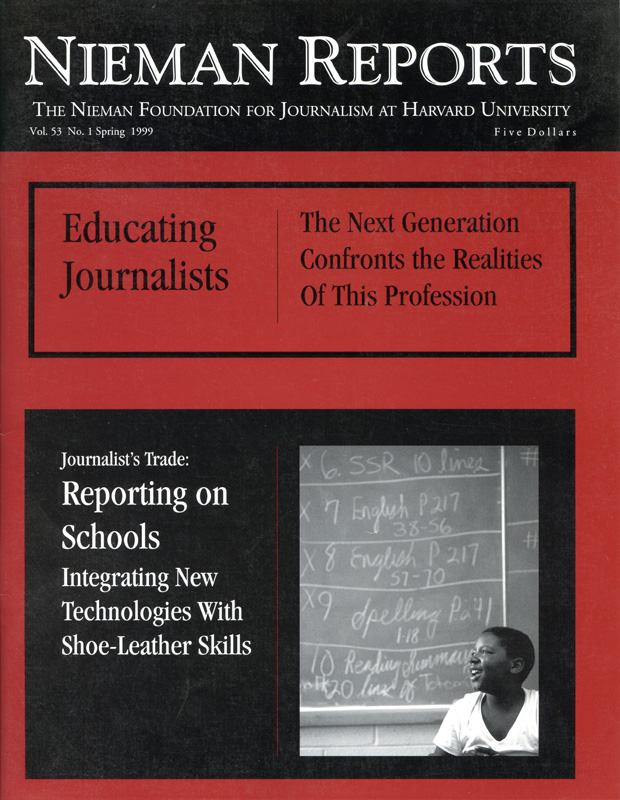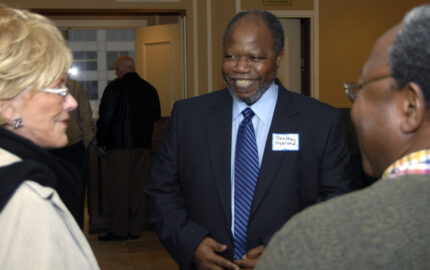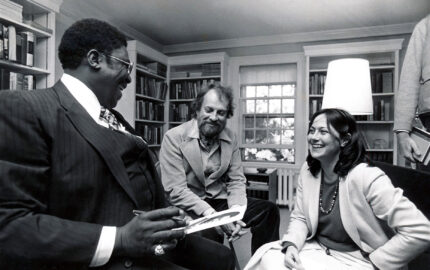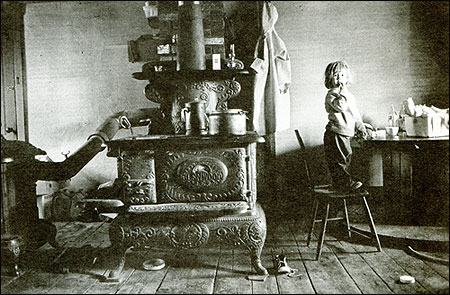
Donny’s Girl
These photographs are from an ongoing project that I began 16 years ago, a visual chronicle of a town—West Athens, Maine—and its people. Returning there year after year, the children I first photographed are now having children, and cycles of family, community and, inescapably it seems, poverty perpetuate themselves. My project is intended to be an historical record and also a way of paying homage to people who have given me this opportunity to portray the passage of time as this community grows up, grows older, changes, or as often happens in West Athens, stays the same.
Life in West Athens is defined by its isolation and unrelenting poverty, yet it is lived with energy and ingenuity, affection and laughter. In this hub of rural poverty, there are few opportunities or escapes. Here, there is no gas station, no country store, no church, no schoolhouse, no police station, or even a sign proclaiming it exists. Menial jobs are scarce, and government support, until recently the only reliable source of meager income, is now threatened as well.
West Athens is a town of relations—five generations of aunts and cousins, grandparents and in-laws—all living on ancestral land. Survival is accompanied by a fierce attachment to family, land and tradition. While those who live in other places often mourn the loss of community, here it is woven into the fabric of daily life.
–By Steven Rubin, Nieman Fellow 1999
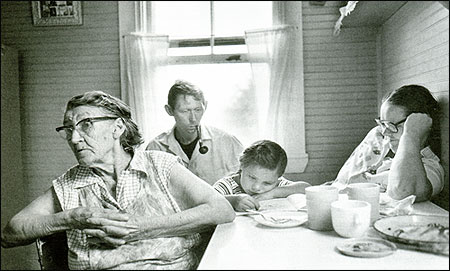
Grandma Rosie’s kitchen.
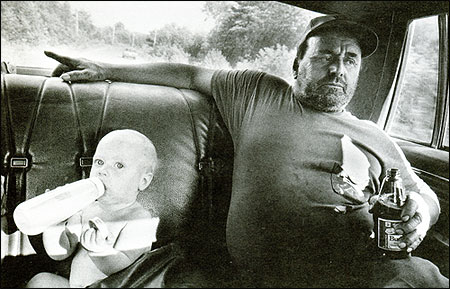
Christopher and his great-uncle, “Six-Pack” Sammy.
